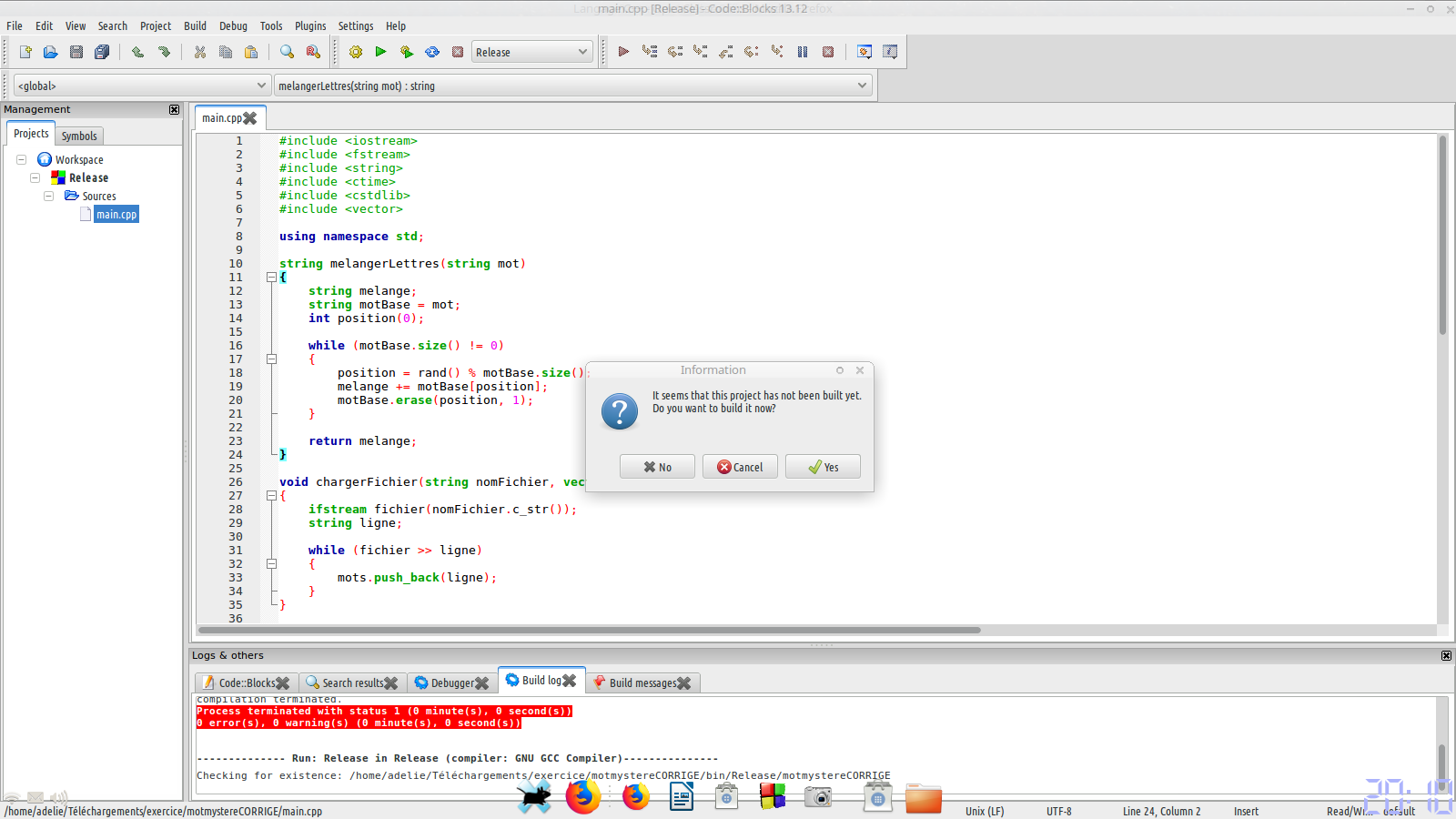

This problem is avoided when source code files are Added. C source files will make a large object that will quickly expand beyond the boundary of a page and generate a memory error. Using the #include directive to include many. Thus all compiled objects must be smaller than a page. A single compiled object cannot be split across two memory pages each memory page is 16 Kbytes. The build process used by the Mosaic IDE Plus allocates your program and any libraries into memory on a per-object basis.

#include should only be used for header files! The button labeled "Project’s build options" leads to the compiler options dialog box which is discussed later. We recommend that you leave this setting unchanged. The third line of the dialog box in Figure 2 is the name of the makefile. It uses the xml format, so it is editable and viewable using a standard text editor, however editing these files by hand should never be necessary and may result in your project not being loadable. This is the Codeblocks project file itself. The name of this file comprises the project name (hello_world in this case) with the. The next line of the dialog box announces the project filename. It is the name that will appear in the management window, but has no effect elsewhere. This title is not the name of the download file, but rather the overall name you assign to the project. The top line of this dialog box announces the project title. Consequently, the following steps only need to be done once per library.When you click on the "Properties" menu item shown in Figure 1 , the dialog box shown in Figure 2 appears. We are going to do this on a global basis so the library will be available to all of our projects. Steps 3 and 4 - Tell the compiler where to find headers and library files See the tutorial on static and dynamic libraries for more information about this step. Steps 1 and 2 - Acquire and install libraryĭownload and install the library to your hard disk. Make sure the program know where to find any dynamic libraries being used.#include the library’s header file(s) in your program.Tell the linker which static or import library files to link.Tell the linker where to look for the library file(s) for the library.Tell the compiler where to look for the header file(s) for the library.Unzip it to a directory or install it via a package manager. Download it from the website or via a package manager. To recap the process needed to use a library:


 0 kommentar(er)
0 kommentar(er)
